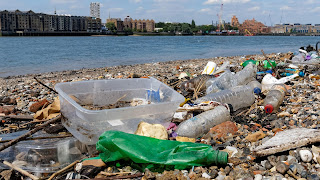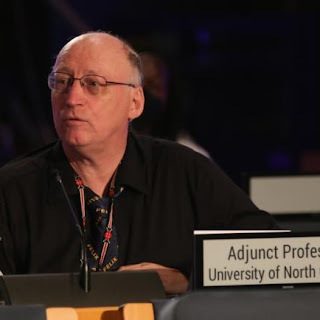New Director-General of the International Labour Organization elected

ILO Press release: GENEVA (ILO News) – The International Labour Organization’s (ILO) next Director-General will be Gilbert F. Houngbo from Togo. Houngbo is currently President of the International Fund for Agricultural Development (IFAD). He was elected by the ILO’s Governing Body, comprising representatives of governments, workers and employers, during their meeting in Geneva. He will be the 11th Director-General of the ILO, and the first African to hold the post. Speaking after his election, Houngbo said, “Although my origins are African my perspective is global. In an age, unfortunately of dividedness, my commitment to be a unifying Director-General stands firm… I will be the Director-General of nobody and the Director-General of everybody. Governments, Employers and Workers alike, from all regions across the world, can rely and should rely on my total readiness to represent and advocate the views of all tripartite constituents of the organization.” “I commit to represent the v...





